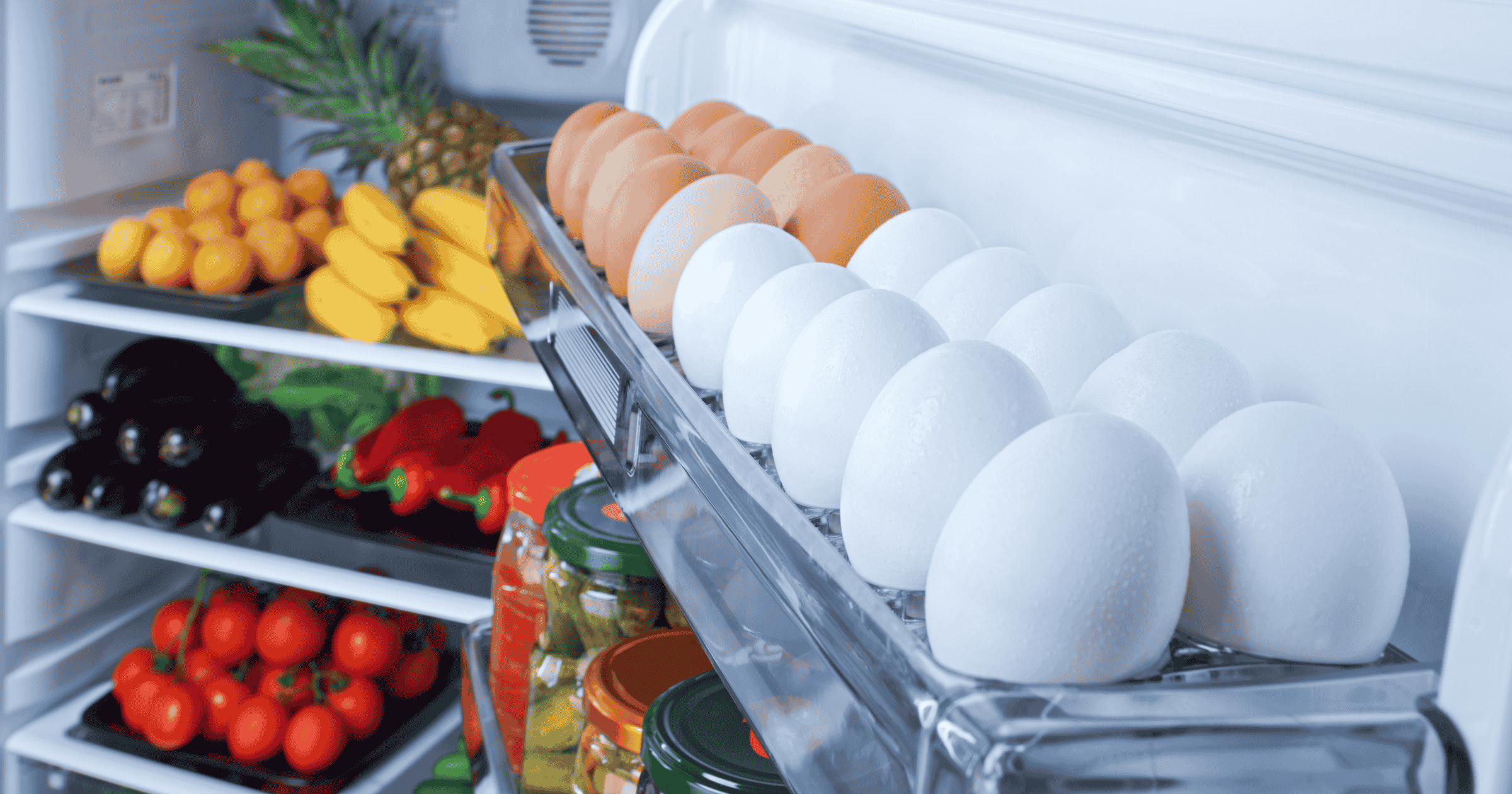
08 Apr Do Eggs Need Refrigeration in Hot Weather
Introduction: Eggs + Nigerian Heat — What You Should Know
With Nigeria’s tropical climate and intense heat, especially during dry seasons, a common question for egg buyers and sellers is:
“Do eggs need refrigeration in this heat?”
Whether you’re buying farm-fresh eggs from a local supplier, stocking up for your family, or running a restaurant, understanding proper egg storage is critical to avoid spoilage, protect your health, and preserve taste.
Let’s break down the truth about storing eggs in Nigeria’s hot weather — including when to refrigerate, how long eggs last, and best practices for homes and egg businesses.
1. Should Eggs Be Refrigerated in Nigeria’s Climate?
Short answer: Yes, in most cases — especially in extreme heat.
In Nigeria, average daytime temperatures often range between 28°C and 35°C, and can climb higher in the North. At these temperatures, eggs stored outside for too long are at a higher risk of spoilage and bacterial contamination, particularly Salmonella.
If you’re buying eggs that are unwashed and fresh from the farm, you may be able to keep them at room temperature for a few days. But with increasing heat, refrigeration is strongly recommended after 3–5 days, or sooner.
2. Understanding the Protective “Bloom” on Fresh Eggs
Farm-fresh eggs naturally come with a protective coating called the “bloom” or cuticle, which helps seal the egg and block out bacteria.
- Unwashed farm eggs (common in rural Nigeria): Can last up to 7–10 days unrefrigerated, if stored in a cool, shaded place.
- Washed eggs (common in stores and some farms): The bloom is removed, making the egg more vulnerable. These should be refrigerated immediately.
💡 Pro Tip: If you’re unsure whether your eggs have been washed, it’s safer to refrigerate them, especially in Nigeria’s hot weather.
3. How Long Do Eggs Last With and Without Refrigeration?
Here’s a general guide for egg shelf life in Nigeria:
| Storage Method | Egg Type | Shelf Life |
|---|---|---|
| Room Temp (28–35°C) | Farm-fresh (unwashed) | 5–7 days |
| Room Temp (28–35°C) | Washed/store-bought | 1–2 days |
| Refrigerated (4°C) | Any type | 3–5 weeks |
Always check eggs for freshness before use — even if they’ve been refrigerated.
4. Best Ways to Store Eggs in Nigerian Homes
Whether you buy from the market, a farm, or online, here’s how to properly store eggs in Nigeria’s hot climate:
✅ Do:
- Store eggs pointy side down to keep the yolk centered and fresh.
- Place them in a cool, dark corner if you don’t have a fridge.
- Refrigerate eggs if your kitchen is warmer than 25°C.
- Use an airtight container or egg tray if storing in a fridge to avoid odor absorption.
❌ Don’t:
- Wash eggs unless you’re about to cook them.
- Leave eggs near a window, stove, or sunny spot.
- Keep eggs in the fridge door—it’s the warmest part. Use the middle shelf instead.
5. What About Eggs from Local Farms in Nigeria?
If you’re buying from a local egg farm in Lagos, Abuja, or Port Harcourt, your eggs are likely fresher and unwashed. This means:
- You can leave them out for a few days.
- After 4–5 days, move them to the fridge.
- If you’re storing in bulk, refrigeration helps maintain quality.
For businesses (restaurants, caterers, stores), cold storage is a must — to avoid losses and preserve trust.
6. Do Refrigerated Eggs Need to Stay Cold?
Yes — once you refrigerate eggs, keep them cold until you’re ready to cook.
If eggs go from cold to hot and back again, condensation can form on the shell, allowing bacteria to enter. This is especially risky in Nigeria’s humid conditions.
So, avoid bringing eggs in and out of the fridge. Take out only what you need.
7. Can You Freeze Eggs in Nigeria?
Yes! If you have extra eggs and want to preserve them for months:
- Crack and beat the eggs (yolks + whites together).
- Pour into a clean container or freezer bag.
- Label and freeze.
- Use frozen eggs in baking or cooking — but not for frying or boiling.
This method is great for bulk buyers or during festive seasons when demand spikes.
8. How to Know if Your Eggs Have Gone Bad
Here’s a quick freshness test:
- Float Test: Put the egg in a bowl of water.
- Sinks = Fresh
- Stands = Less fresh
- Floats = Spoiled
- Sniff Test: A bad egg will smell very off — toss it immediately.
Always inspect eggs before cracking — don’t take chances in this heat.
9. Should Egg Vendors in Nigeria Use Refrigeration?
If you’re selling eggs at scale — whether online or from a physical store — temperature-controlled storage is essential.
Benefits for Nigerian Egg Vendors:
- Longer shelf life = Less waste
- Safer eggs = Healthier customers
- Better yolk color and quality retention
- Higher trust from consumers
Investing in basic refrigeration or cold-chain delivery systems can improve your business reputation and reduce spoilage, especially in Lagos and other high-traffic cities.
Conclusion: Keep It Cool to Keep It Safe
In Nigeria’s hot weather, eggs should be refrigerated, especially if they’ve been washed or stored for more than 3 days.
Whether you’re a consumer or a seller, keeping eggs cool:
- Preserves freshness
- Prevents foodborne illness
- Protects your investment
For optimal egg quality in Nigeria, remember: heat spoils — cold preserves.
Need Fresh, Safe Eggs Delivered in Lagos?
We offer farm-fresh, free-range, and organic eggs with safe, temperature-controlled delivery across Lagos.
👉 Order now and enjoy eggs that are nutritious, clean, and properly stored from farm to table.
Recent posts
- How to Make Akara and Moi Moi with Farm Eggs | Delicious Nigerian Recipes
- How to Make Perfect Omelettes with Farm Eggs | Easy, Delicious Recipe
- Easy Egg Salad Recipes with Farm Fresh Eggs | Delicious & Nutritious
- Deviled Eggs with Local Nigerian Ingredients | Easy Recipe
- Delicious Nigerian Dishes Made with Eggs | Tasty Egg Recipes
Your cart
Your cart is currently empty!








No Comments